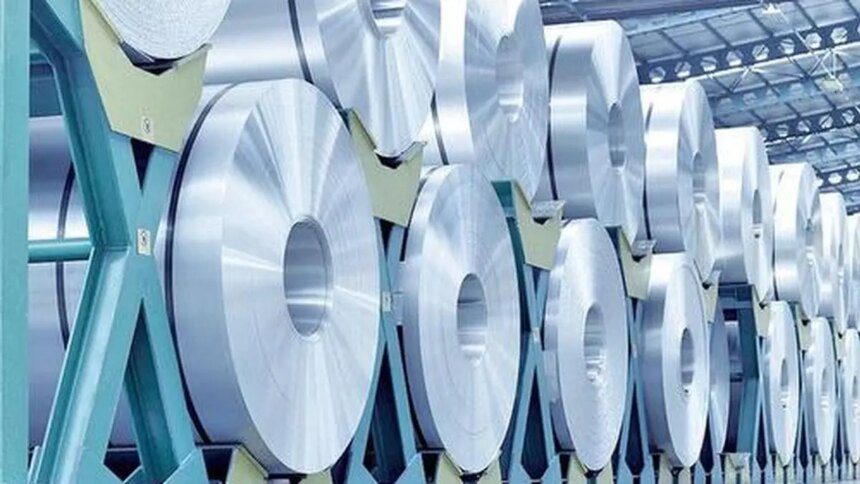The Aluminium Association of India (AAI) has called on the government to implement a 15 percent import duty on all aluminium products and to ensure that the quality of these imports aligns with international standards. In a statement released on Tuesday, AAI urged the Department for Promotion of Industry and Internal Trade (DPIIT) and the Union Ministry of Finance to take action to prevent India from becoming a dumping ground for foreign aluminium products, especially in light of escalating geopolitical tensions and non-tariff barriers.
The AAI has also warned the DPIIT and Finance Ministry about the potential for an aluminium shortage, similar to existing concerns regarding critical and rare minerals. They urged the unlocking of investments exceeding ₹20 lakh crore in the aluminium sector.
The association’s statement comes at a time when global market distortions and a surge in imports from countries with surplus production capacity are compromising the competitiveness of Indian aluminium producers. Aluminium is increasingly recognized as a strategic metal, essential for national security, infrastructure, aerospace, and energy transitions, with the United States, European Union, NATO, and India acknowledging its critical role.
Recent tariffs imposed by the U.S. on aluminium imports have increased from 10 percent to 50 percent, while China has enacted a 25 percent duty on U.S. aluminium scrap imports, accompanied by stringent quality restrictions, only permitting imports with aluminium content above 91 percent. Meanwhile, the European Union and the United Kingdom have imposed non-tariff measures like the Carbon Border Adjustment Mechanism (CBAM), which can raise import costs of aluminium by 7-60 percent.
In contrast, despite a ₹1.5 lakh crore investment aimed at developing a 4.2 million tonnes per annum (MTPA) production capacity—ranking second only to China—India is witnessing a rise in low-quality aluminium imports, which could account for 54 percent of domestic demand by FY26.
“Over the past 14 years, aluminium consumption in India has grown by 160 percent, while imports have surged by 250 percent, and aluminium scrap imports have increased by 285 percent,” stated AAI.
This increasing imbalance illustrates the pressures faced by domestic manufacturers amidst distorted global trade conditions, which the association argues could severely impact India’s “Aatmanirbhar Bharat” initiative.
The AAI has called for a rationalization of duty structures on critical raw materials to bolster domestic value addition and competitiveness. It also advocates for harmonizing regulatory frameworks to encourage circular economy practices and enhance environmental safeguards.
Furthermore, the uncontrolled influx of aluminium scrap is posing a growing risk to the industry’s ecosystem. “The lack of quality standards has led to an influx of low-grade, contaminated scrap, often containing hazardous materials such as lead,” said the AAI, highlighting that much of this scrap is exported from regions like the U.S. and EU, which have stricter recycling regulations.
If the proposed measures are enacted, India could catalyze significant industrial growth, attracting over ₹2 lakh crore in investments in the near term. This would enhance domestic aluminium production capacity to 9.2 MTPA by 2030, create over one lakh new jobs, support thousands of MSMEs, and reduce reliance on imports.









